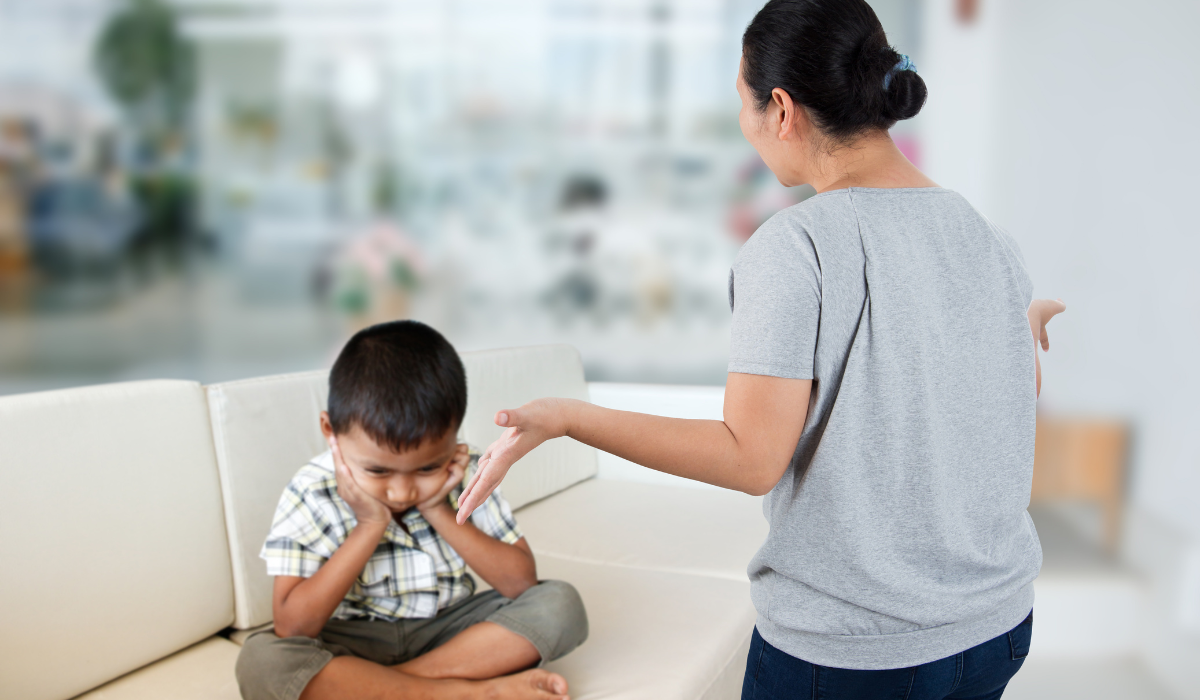Through a child’s eyes, confrontations become opportunities to connect, learn, and make every day a little brighter.
Hey there, adults! I’ve got something super cool to share with you today. It’s all about how we kids perceive and deal with confrontations. You know, those moments when we’re not quite sure what to do, and our young minds are trying to figure things out? Yeah, those! So, let’s dive in and see how we roll with the punches, shall we?
Emotions Are All Over the Place
First things first, grown-ups, you gotta know that we kids are like rollercoasters of emotions. Seriously! One minute we’re happy as a clam, and the next, we’re super-duper mad because someone took our favorite toy. It’s like a whirlwind in our heads, and we’re not always great at putting it into words.
Personal Scoop: I once got really upset when my little sis messed up my Lego tower. I felt like my world just crumbled. But I didn’t know how to say it, so I stomped my feet and yelled. It’s tough sometimes, ya know?
Note: For children, emotions can be a wild rollercoaster ride. One moment they may be bubbling with happiness, and the next, they might feel as if their world has crumbled because someone took their favorite toy. The challenge for them is that, although they experience intense emotions, they may struggle to put those feelings into words. This can result in emotional outbursts, which can be confusing for both the child and the adults around them.
The Land of Confusion
Confrontations can be like navigating through a foggy forest. Sometimes we’re just plain confused. Maybe we didn’t understand the rules, or someone got mad at us for something we didn’t even know was wrong. That’s when our little brains start doing somersaults.
Personal Scoop: I once got in trouble at school for talking when I thought the teacher was done explaining. I felt like I was in trouble, but I didn’t get why. Turns out, I should’ve raised my hand.
Note: They might not fully understand the rules or reasons behind the confrontation, leading to confusion. In some cases, they may face consequences for actions they genuinely didn’t know were wrong. This can be particularly challenging because young minds are still developing, and grasping complex social dynamics can be like attempting somersaults in their heads.
Finding Our Voice
Okay, here’s the deal. We’re still figuring out how to use our voices, you know, in a way that gets our point across without throwing a fit. Sometimes we cry, yell, or throw tantrums because we’re still learning how to express ourselves.
Personal Scoop: When I wanted the last piece of cake, I used to cry and stomp my feet. But my mom told me it’s better to say, “Can I please have the last piece?” So now I’m practicing asking nicely.
Note: Kids are in the process of learning how to use their voices effectively during confrontations. While they strive to express themselves, they’re still discovering the art of articulating their thoughts and emotions in a way that gets their point across without resorting to a fit of tears, shouts, or tantrums.
So, what can you grown-ups do to help us kids navigate confrontations? Well, the good news is that you have the power to be our guide through these challenging moments. Here are a few ways you can lend a helping hand:
1. Patience and Understanding: When we’re riding that emotional rollercoaster, your patience means the world to us. Understand that we might not have all the words to express our feelings. Be patient, and give us a safe space to share.
2. Clear Communication: Just like you’re reading this article to understand us better, we need clear communication during confrontations. Explain the rules, reasons, and consequences in a way we can understand. Simple language can work wonders!
3. Teach Us: Confrontations are learning opportunities. Teach us how to express our feelings calmly. Share stories of your own experiences, and let us know that it’s okay to make mistakes. Learning from our confrontations is part of growing up.
4. Show Empathy: When you see us confused or upset, show empathy. Let us know that you understand how we feel. This simple act of empathy can help us feel safe and understood.
5. Be Role Models: Remember, we’re like sponges, soaking up everything around us. Be a role model for handling confrontations with grace and understanding. We learn by watching you.
So, when you grown-ups and us kids team up to tackle confrontations, we’re like an unstoppable duo! Together, we can make those tough moments feel a little less tough. And you know what? With your guidance, we’re not just facing confrontations; we’re turning them into chances to learn, share a giggle, and grow even stronger.
So stay with us!
